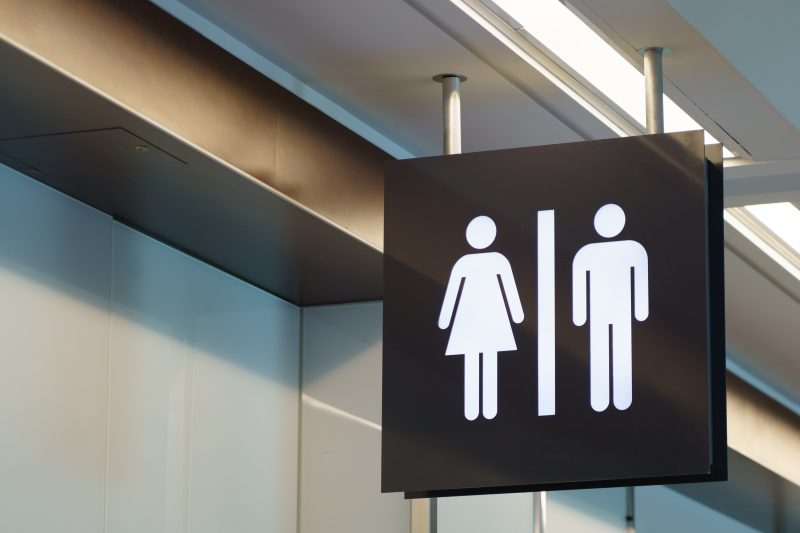
US judge’s school privacy ruling allows transgender bathroom use based on gender identity
A U.S. District Court judge Thursday blocked implementation of a new Idaho law that would prevent transgender students from using restrooms, locker rooms and showers that do not align with their biological sex at birth in public schools.
According to court documents, U.S. Judge David Nye said in his temporary restraining order that ‘preserving the status quo pending a more complete review is the most fitting approach at the current juncture.’
‘This is not a full adjudication of any argument on the merits. The Court is simply holding S.B. 1100 in abeyance and preserving the situation as it existed prior to the parties’ disagreement,’ Nye noted.
‘School districts may choose how to organize their bathrooms, changing facilities, and overnight accommodations — whether that is sex-separate or transgender-inclusive; whether it is consistent with what it did last year or not. But the State of Idaho will not be mandating that decision at this time.’
The restraining order prevents Idaho public schools, which are scheduled to reopen for the school year Aug. 16, from enforcing gender-separation rules in its bathrooms.
In July, the Idaho state legislature enacted Senate Bill 1100, which forbids individuals from using public school restrooms and changing facilities that do not align with their sex as recorded at birth. Additionally, students have the right to sue their peers for up to $5,000 if they witness them using restrooms that do not correspond to their birth-assigned sex.
The injunction comes as a seventh-grade student, who identifies as transgender, joined by the school group Boise High School’s Sexuality and Gender Alliance, sued the state last month arguing SB 1100 violates the student’s privacy and discriminates against gender.
The lawyer for the plaintiffs said in a statement to Reuters, ‘The court’s ruling will be a relief for transgender students in Idaho, who are entitled to basic dignity, safety, and respect at school.’
But Idaho’s Education Committee, which authored the bill, wrote in the bill’s legislative findings section that ‘requiring students to share restrooms and changing facilities with members of the opposite biological sex generates potential embarrassment, shame, and psychological injury to students, as well as increasing the likelihood of sexual assault, molestation, rape, voyeurism, and exhibitionism.’
‘A statewide policy ensuring separate school restrooms and changing facilities on the basis of biological sex is substantially related to the important governmental interest in protecting the privacy and safety of all students,’ the committee added in another legislative finding clause.
Florida, Kentucky, Tennessee, Alabama and Arkansas are among the states that have passed laws in some capacity requiring public school students to use restrooms matching their biological sex.
